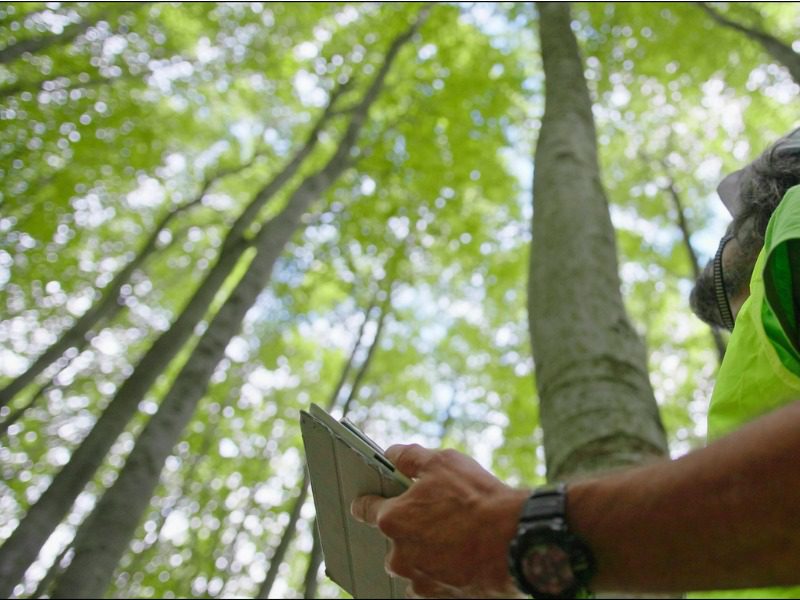Aviva Canada’s eco-friendly approach to claims

Aviva Canada is piloting an eco-friendly claims process, part of its plan to become a net-zero company by 2040.
Notably, the company is mobilizing its efforts to respond to climate change by recycling and sorting materials during the claims process. Following the catastrophic flooding in B.C. in late fall last year, for example, Aviva launched the EcoClaims pilot program in an effort to divert and recycle landfill waste.
The floods caused more than $515 million in claims, as estimated by Catastrophe Indices and Quantification Inc. (CatIQ).
Waste from each claim is measured and sorted, and materials are recycled where possible at an EcoClaims “Green Site,” as explained in the company’s first annual Sustainability Report. The document details the company’s progress towards becoming net-zero carbon by 2040, and reports it’s the first major Canadian financial services company to make this a strategic priority.
“In those types of claims, we do what we call a full demolition — so removal of flooring, baseboards, door casings, doors — and we’re just dumping everything,” Ivette Piedade, national claims adjuster at Aviva, explains in a video about the program. “It’s so much material that’s just dumped into the landfill.”
However, after this initial tear-down stage, Aviva’s sustainable claims management program includes a donation stream for materials to be repurposed and reused by local charitable organizations and animal shelters that would otherwise be sent to a landfill.
“You always hear those comments like, ‘I wish I could keep this floor,’ and ‘It’s so sad to see all these items not being reused again,’ which they can be. I think it’s a great idea what Aviva’s doing with this initiative.”
The program, in partnership with loss appraiser MBC Group and contractor Platinum ProClaim, has resulted in 309 bags of recycling picked up and 22 tonnes of waste diverted from landfill as of April 2022.
Along with the EcoClaims program, Aviva has achieved the following goals as of 2021:
Stopped underwriting insurance for companies making more than 5% of their revenue from coal or unconventional fossil fuels, unless they have signed up to Science Based Targets initiative (SBTi);
Achieved a 0% reduction in weighted average carbon intensity in 2021 over the previous year;
Invested more than $100 million in green assets, exceeding its 2021 target.
The insurer has also cut operational emissions by 81% since 2010, the report notes.
Aviva also plans to divest from companies that make more than 5% of their revenue from coal unless they have signed up to SBTi by the end of 2022.
The report outlines a roadmap for the insurer to adhere to in the years leading up to its 2040 target. Other key goals for the future include:
By 2023: invest $350 million in green assets;
By 2025: cut 25% of the carbon intensity in investments, source 100% renewable electricity for all offices, use 100% electric/hybrid new vehicle leases for its Canadian fleet, invest $4.2 billion in low carbon and renewable energy infrastructure and deliver $1.1 billion of carbon transition loans;
By 2030: cut 60% of the carbon intensity in its investments, run net-zero operations and have a net-zero supply chain, commit $170 million to nature-based solutions;
By 2040: become a net-zero company, with net-zero carbon investments and insurance.
Feature image by iStock.com/Daniel Balakov



